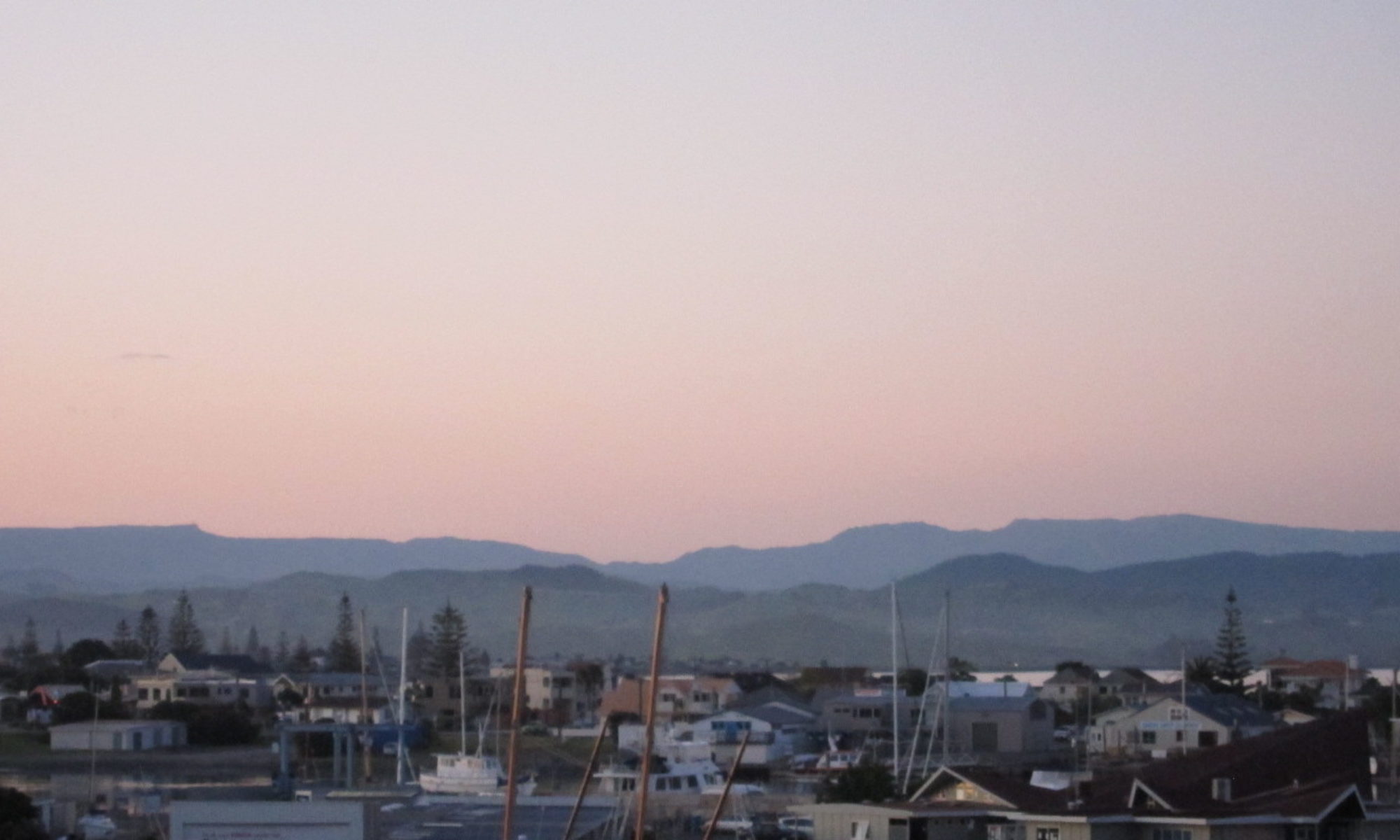Max Planck – Father of Quantum Physics
Quick Facts
1958 was the 100th birthday of Max Planck. His birthday was 24 April 1858.
Max was one of the father’s of Quantum physics. Beyond the fact that I am amazed that quantum physics has it’s origins so long ago. There is also the fact that in 1958, on the 100th anniversary of his birth East and West Berlin cooperated on a celebration of him and his works.
Why is it amazing they cooperated? For that you need to look into the history of Germany after the first world war and probably up to 1989.
Max won a nobel prize for his discovery of the quantum of action, Planck’s Constant, in 1918.

Resources on Max Planck
-
- Nobel https://www.nobelprize.org/prizes/physics/1918/planck/biographical/
- Brittanica: https://www.britannica.com/biography/Max-Planck
- Wikiquote https://en.wikiquote.org/wiki/Max_Planck
What information is missing from these articles?
What other resources can you find?
Questions to consider in your study of Max Planck
Pick 5 or more questions and make up a poster, book or slide show on Max Planck.
Who was Max Planck?
What was his family like?
What were Max’s personal qualities?
What notable events happened to him during his life?
What did he study?
What were his hobbies?
Who else did he know that you have heard of?
Why is he famous?
What did you learn about quantum physics in learning about Max Planck?
What laws are names after Max Planck?
– Do you understand them?
– Where could somebody go to learn more about them?
What areas of science did Max work in besides Physics?
Is there anything else about the science Max studied and discovered that you want to learn more about?
What can you infer from the information you now have but is not stated in any of the resources?
If you were to explain Max to a 5 year old how would you do so?
Can you make an artwork / poster that showcases part of who Max was or his discoveries?
What music do you think Max played?
How do you think the following effected Max’s life?
-
- music
- the outdoors
- family
- friends
- war
Is there anything Max did that you would like to do this next week?
If you met Max and he was the same age you are, do you think you would be friends? Why?
In 1958 East and West Berlin cooperated in staging a celebration of Max Planck’s life and works. Why is this significant?
-
- Why was there an East and West Berlin? Check out Germany’s history after World War II.
- How did East and West Berlin treat each other in 1958?
- What did they do to celebrate his life and discoveries?
- Why was it Berlin that headed the celebrations?
